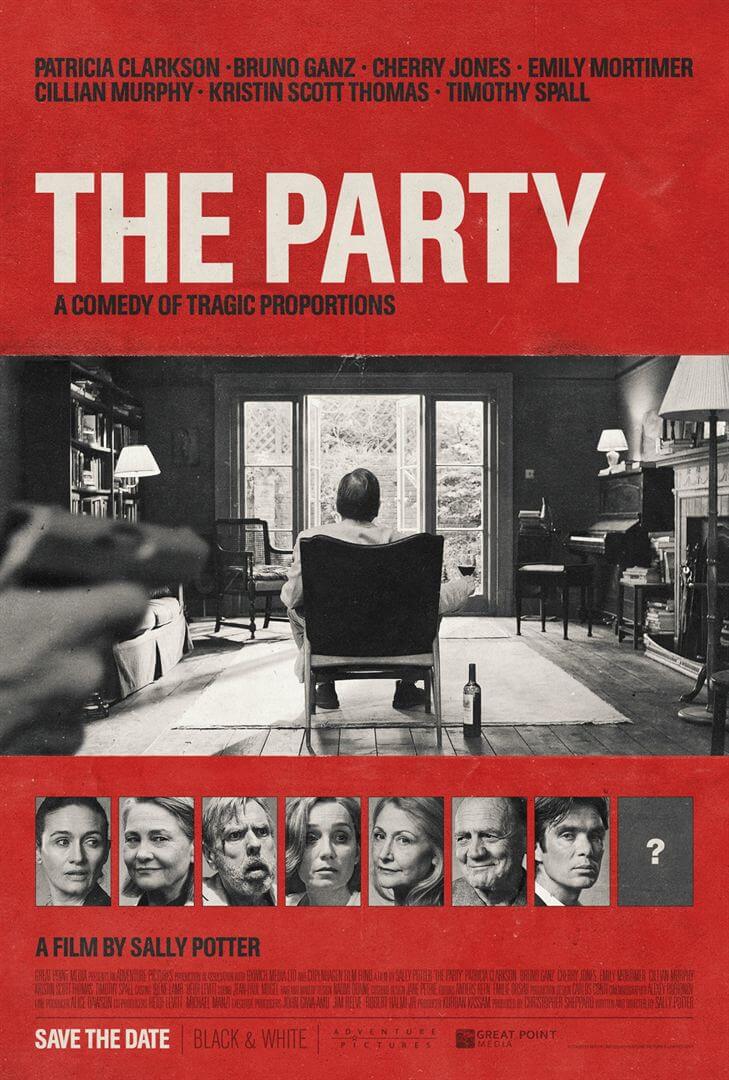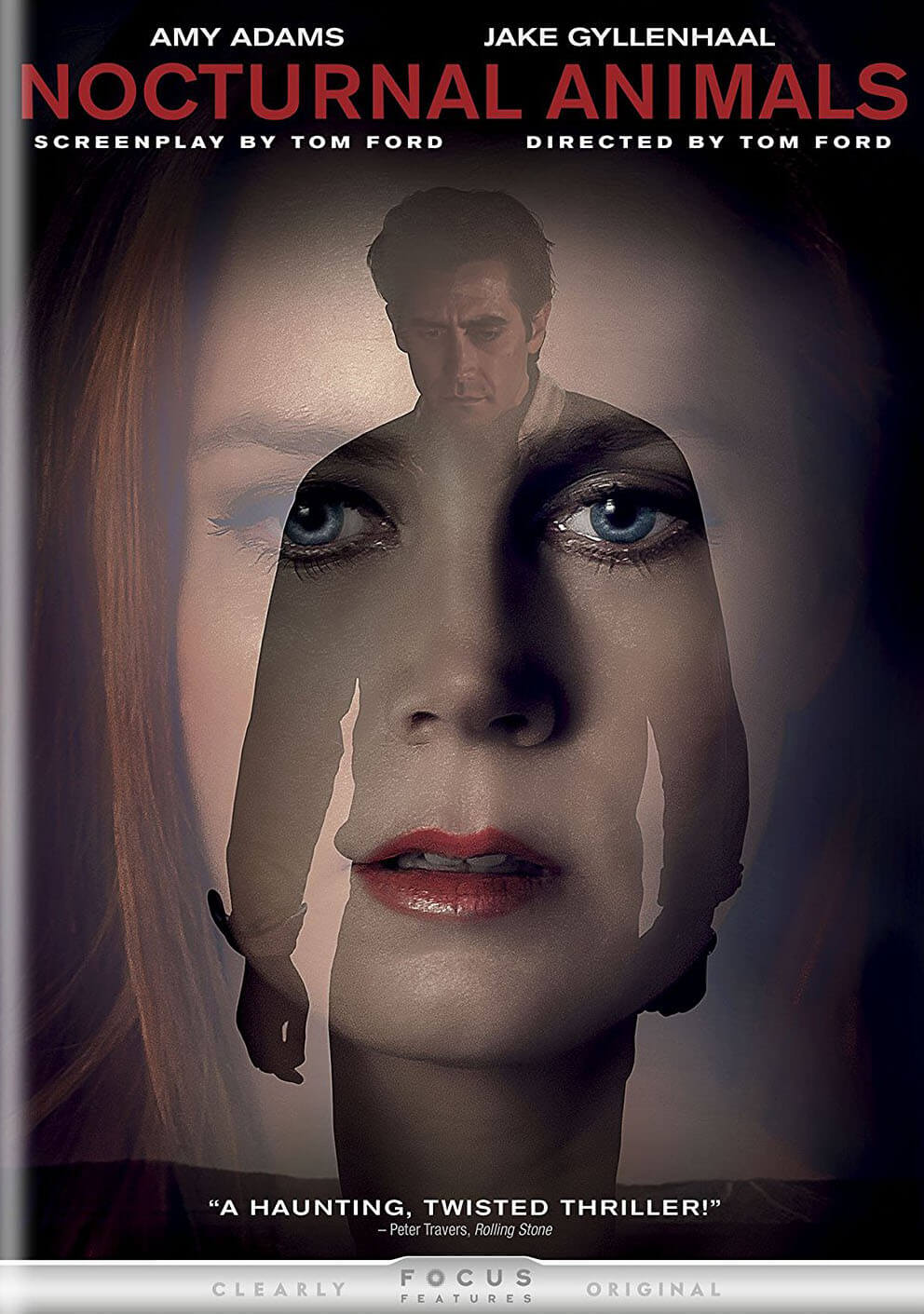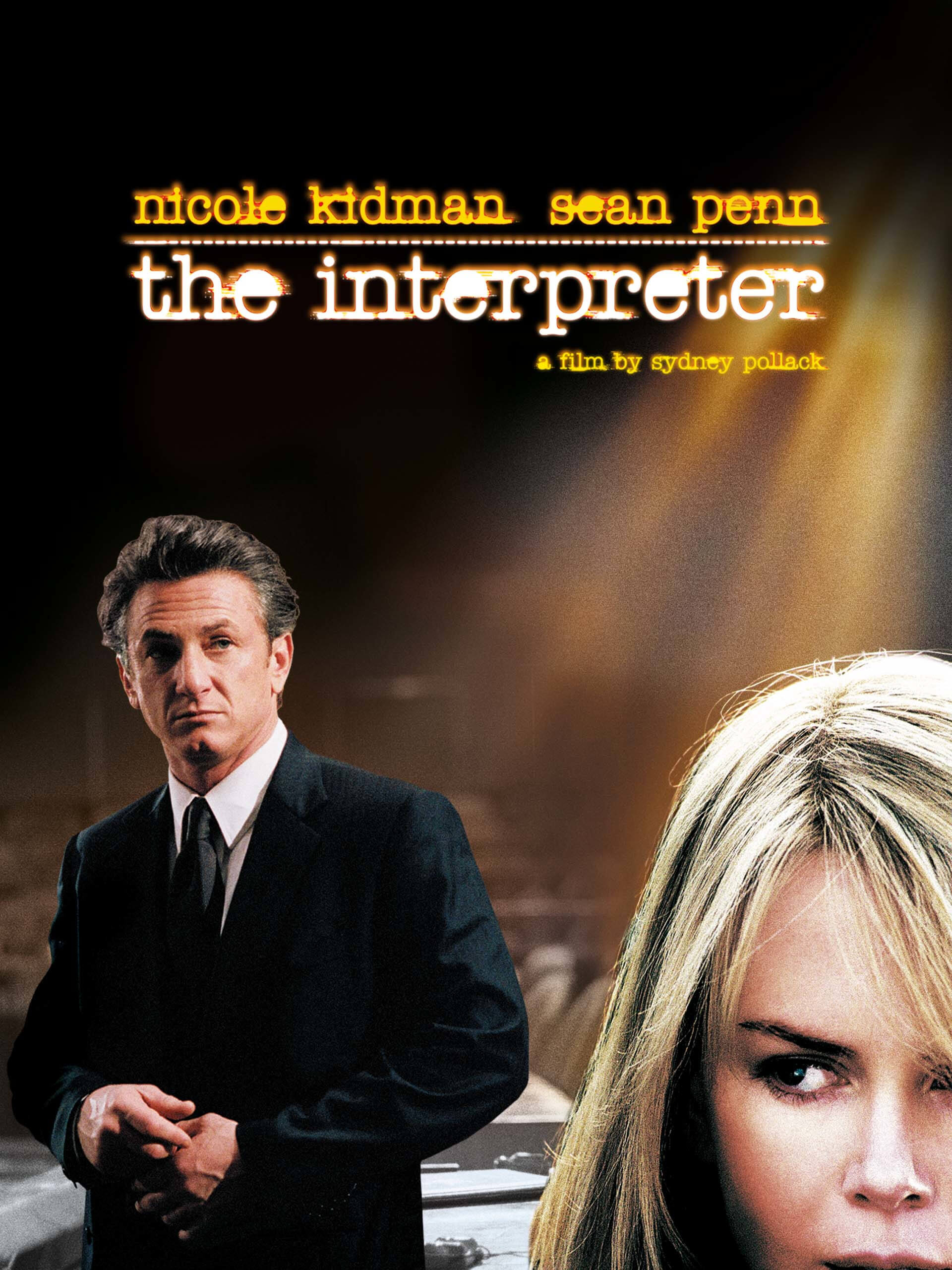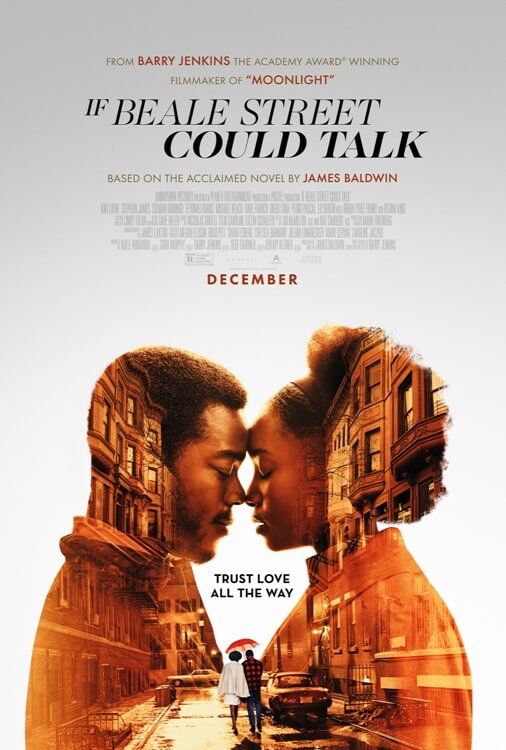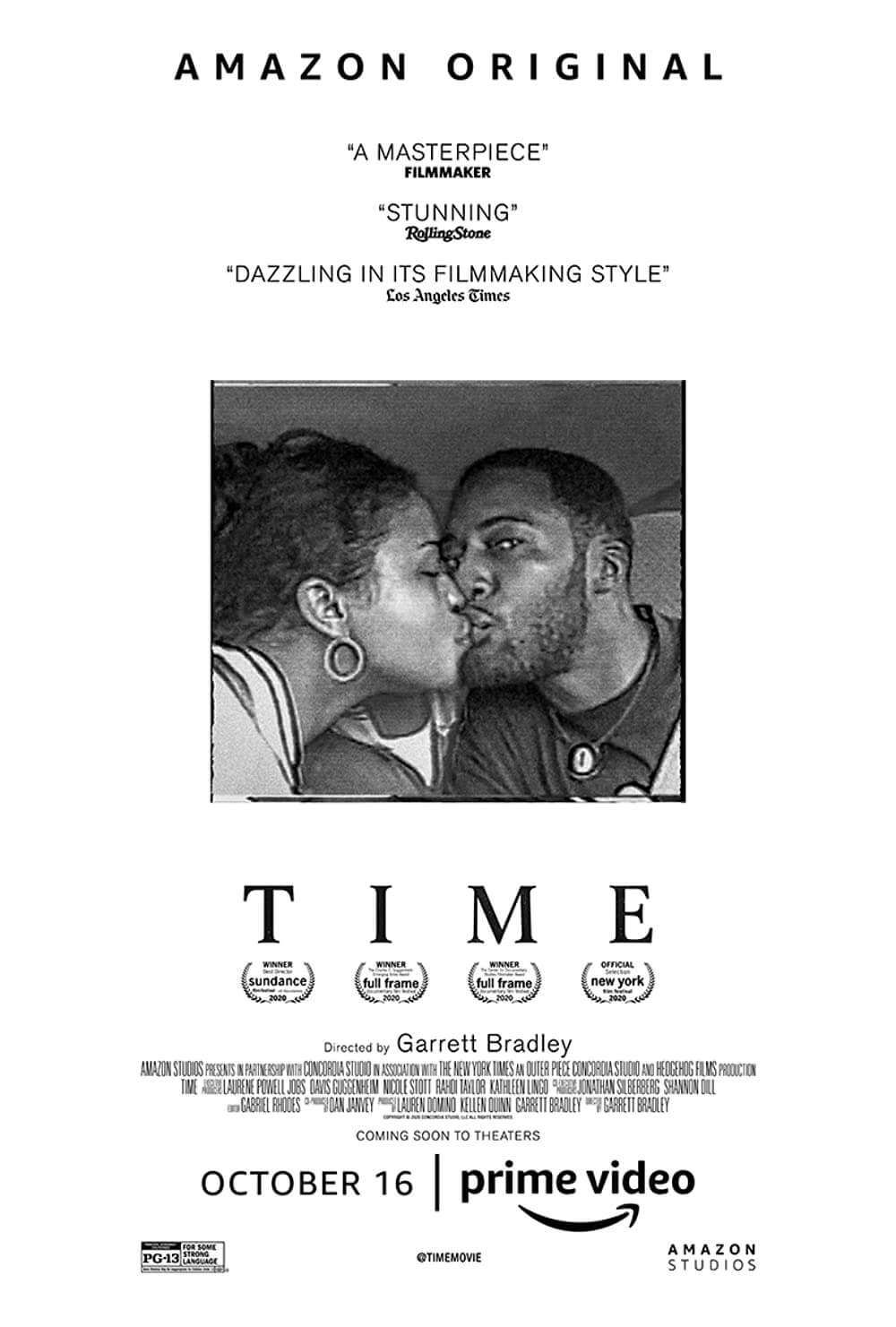[once every election cycle, contributing writer and political junkie marrrrrrr makes an economically viable meal and sets aside the perpetually absurd theatre of politics to enjoy the occasionally absurd theatre of cinema. this is Midnight Movies.]
film: The Party (2017)
food: salmon and avocado ramen
pre-game: british black comedy about a dinner party gone awry w/ a solid ensemble cast (Cherry Jones, Emily Mortimer, Cillian Murphy, Timothy Spall, Patricia Clarkson, Kristin Scott Thomas, Bruno Ganz). going in to this mostly blind (tbh: don’t really remember how it ended up on my “to watch” list… i think i might’ve been scrolling through clarkson’s filmography(?)), so hoping for the best.

post-game: in 2017, with british politics deep in the throes of “brexit,” Sally Potter delivered the political satire The Party, a chamber film that takes place over the course of a dinner party in an upper-class british house. the title has an alternate, slightly less obvious interpretation. if a satire is to be measured by how many targets it impeaches, Potter’s film is a machine-gun, tagging every single high-minded “liberal” in sight. if measured by how thoroughly it cooks those targets, The Party is a flash fryer. at 71 minutes, it may work fast, but every ounce of flesh is guaranteed to be scalded.
Kristin Scott Thomas is janet, a work-obsessed politician who has just been appointed the minister of health for the current opposition party (ah! the title’s second meaning). she decides to throw a dinner party for some close friends to celebrate. she prepares the meal herself, all while juggling numerous phone calls (most congratulatory, a few… slightly more illicit). her husband bill (Timothy Spall), a college professor, stays in a common room drinking wine and playing vinyl records. he is a “supportive” husband, which, for these people, means he knows how to get out of the way.
besides, he has his own problems to deal with.
arriving in short order are janet’s sharp-tongued friend, april (Patricia Clarkson in fine form), her new age boyfriend, gottfried (Bruno Ganz), fellow academic martha (Cherry Jones), martha’s younger and very pregnant girlfriend, jinny (Emily Mortimer), and, finally, financier tom (Cillian Murphy). tom’s social connection to the group is primarily through his wife marianne, janet’s new deputy and bill’s former protege. marianne is due to show later, according to tom at least. however, as tom immediately beelines for the bathroom to rip two lines of cocaine and examine his holstered handgun in the mirror, his word might not be sacrosanct.

The Party starts off nicely enough, but, as the audience already knows from the opening shot (janet, in a head-on view, ripping open the front door and shakily brandishing a gun), eventually descends into pandemonium: food is burnt, tears are shed, vomit is expelled, violence is threatened and then realized (and sometimes realized then threatened). after one seemingly innocuous thread is pulled, the fabricated civility and political ideals of these uniformly well-educated characters is swiftly, almost cartoonishly, unraveled. it’s a proper filleting, if i’ve ever seen one.
the screenplay, also by Potter (who previously wrote and directed the challenging, but highly recommended, Yes (2004)), is primarily concerned with skewering its subjects as efficiently as possible, occasionally at the expense of character depth and logic. the way tom’s handgun ultimately changes hands is an unnecessary contrivance, and, like most chamber plays (it’s easy to imagine The Party finding a second home on stage), the characters tend to move where the plot requires: leaving rooms on a whim so that such-and-such can get some private dialogue, yet, paradoxically, sticking around well beyond the point where even close friends might realistically intrude. at one point, jinny, the seemingly least “academic” character, pays lip service to leaving and is quickly shot down. in fairness, the utter lack of self-awareness of these supposedly intelligent people is certainly one of the film’s “points.”
that’s not to say character is completely ignored (martha breaking down and admitting that her coldness to jinny’s pregnancy is primarily motivated out of fear was surprisingly touching), but criticism through comedy is the main course, and The Party serves it in heaps. one character viciously slaps another, bellows “how could i do something like that? i give speeches about truth and reconciliation,” and then stands up and does it again. sitting on a bench in the backyard, martha declares to jinny: “this is a settled debate. men are not the enemy.” cut to tom, having been encouraged by gottfried to express his emotions, charging outside, screaming, and hurling a champagne flute to the ground, causing both women to leap out of their seats in fright.
2016 was a baffling year in politics through the lens of neoliberals. scrabbling to explain the results of the brexit decision, as well as the american presidential election, pundits and politicians on both sides of the pond inevitably landed on the theory that the masses were to blame, rarely, if ever, considering the possibility that the problem lay with the infrastructure itself (or even the people “running” it). the characters in The Party are similarly loathe to accept responsibility for their actions, helpless as they are to understand them to begin with.
thus, the film’s final lines (“i thought it was me you loved, you traitor!”) are both a final twist for the characters and a kitchen timer’s buzz signaling the end of Potter’s thoroughly-cooked roast.
dig in.
rating: that endangered species within the comic ecosystem: a thoughtful and genuinely funny political cartoon.
